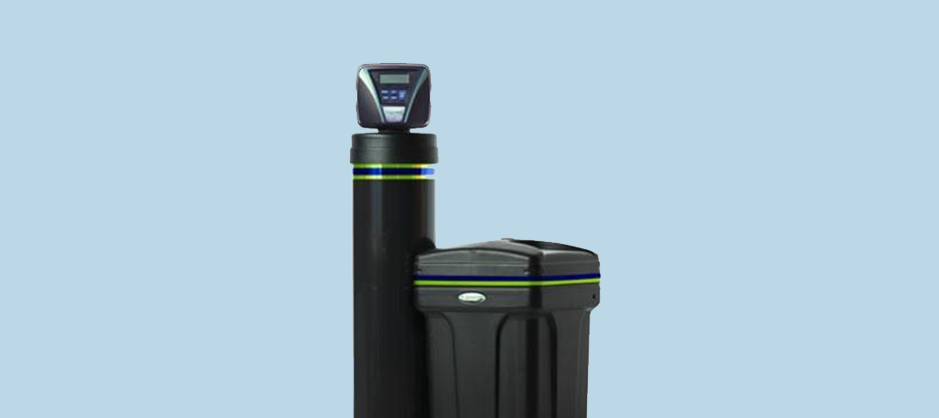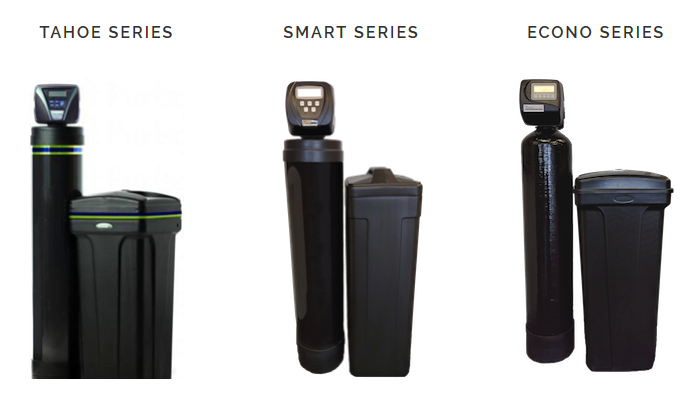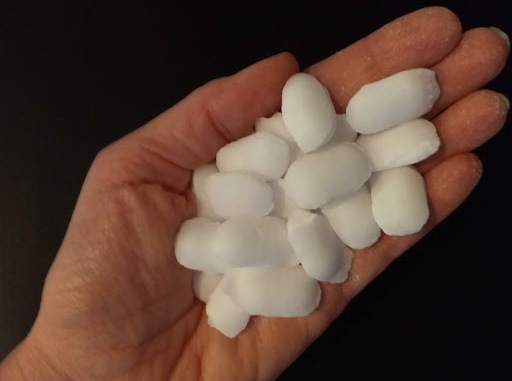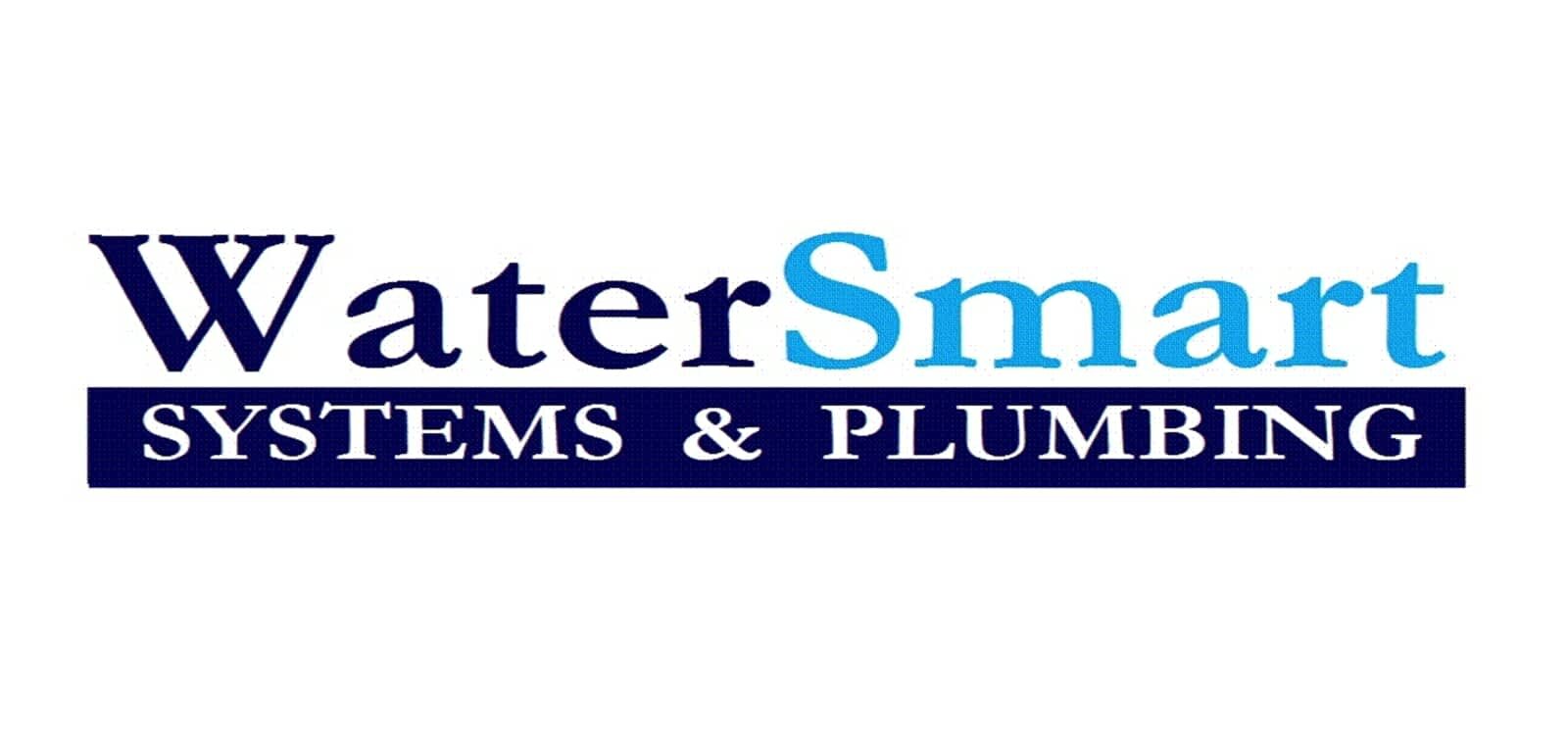Today, we will walk you through what happens now that your new water softener is installed.
1. What to expect from the taste of your water
2. What to expect for your appliances
3. How soft water affects washing
5. Signs that your water softener isn't working after installation
At WaterSmart, we have over 25 years of experience in the water softener industry, and we'd love to share our expertise with you! We will tell you how your water softener works to soften your water and list some signs to look out for to indicate that it’s not working as it should. So, let's jump in.
Recently installed a water softener? Learn more about how it affects your home.
What to Expect After a Water Softener Has Been Installed
So, you’ve just got a new water softener installed, what should happen now? Here is what your new water softener should do to start softening your water.
1. What to expect from the taste of your water
Water softeners aren’t water purifiers.
They’re not intended to improve the taste of your home’s water but rather remove the magnesium and/or calcium contained within it.
In fact, some people prefer their drinking water to contain some minerals, while others like softer water in their tea or coffee.
A water softener does remove a small amount of iron, which could improve the taste of the water.
If you find you prefer the taste of your water pre-installation, you can activate your unit’s bypass valve when filling your pitchers.
Soft water is much better for your kitchen taps, pipes, and appliances.
2. What to expect for your appliances
Hard water damages many household appliances, including:
fridges
dishwashers
laundry machines
water heaters
Coffee makers and kettles
How? The hard water leaves calcium deposits and scale buildup that clogs pipes and mechanical systems within the appliances. These deposits and buildups affect how well appliances function and how long they last before needing replacing.
They also slow the flow of water, making the appliances work harder and causing them to wear out faster.
This also hurts your pipes, and the worst-case scenario is a complete blockage that then causes a leak and costly water damage to your home.
Soft water, therefore, is much better for your appliances and pipes, among other things.
Soft water does a better job of rinsing away soap residue than hard water.
3. How soft water affects washing
Soft water is good for personal washing, laundry, and dishes.
Personal washing
Again, as scale buildup from hard water in your pipes increases, water pressure decreases. Low water pressure hinders the ability to rinse shampoo and conditioner from your hair, making it feel filmy.
Additionally, soft water balances your hair’s pH level, while hard water causes your hair to feel dry, brittle, and frizzy. It can also dull your hair colour.
A water softener will make sure the water you use to wash your hair is fresh and free of all the horrible chemicals and minerals that are bad for your hair.
Additionally, hard water tends to leave your skin feeling dry or itchy after a shower or facewash. The minerals in hard water remove your skin’s natural oils, which can dry out your skin and, for some, result in itchy, irritated skin.
Therefore, you might feel the need to use lots of moisturizers to overcome the hard minerals.
When your water softens, harmful chemicals and minerals are removed, making the water more suitable for your skin.
Laundry
A study by Purdue University found that clothes washed in hard water wear out 15 percent faster than clothing washed in soft water.
The calcium minerals bond with the soap to create a detergent clump that sticks to the fabric, drawing in more dirt than before you washed your clothes.
Over time, detergent residue can turn your white clothes gray or yellow, and you may even discover white or gray streaks on your clothes.
This buildup is what makes laundry feel stiff and crusty.
Dishes
Finally, installing a water softener means that you will probably notice cleaner and brighter-looking dishes.
If you notice spots on your dishes or scale buildup on your cookware, a water softener will definitely help.
The same applies to spots and build-up in your tub and shower.
A water softener helps keeping your skin looking healthy and feeling soft.
4. How a Water Softener Works
The most common type of water softener is made up of two components: a tall and narrow water softener tank and a shorter and wider brine tank.
Some models have both the water softener tank and brine tank combined into one unit, but the softening process is the same for both.
The purpose of every type of water softener is to remove the minerals, mainly calcium and magnesium, that are found in your water that make it hard.
Your water softener tank is filled with resin beads. This portion of your softener is sealed.
Your brine tank on the other hand will have a removable lid where you can easily see the level of salt that you have and can add more salt when you need to.
The most common type of water softener comes in two parts
Your softener needs to be programmed accurately according to how hard your water is and how much water you use in order for it to begin the regeneration cycle at the appropriate time.
For example, an average three bedroom home with four occupants will need to have a regeneration cycle after about 12,000 gallons of water used.
Regeneration would need to occur more often than this if the water hardness levels are higher than normal.
To learn more about how a water softener works, you can watch the following video.
Once your resin reaches maximum capacity, your water softener will need to regenerate
5. Signs that Your Water Softener Isn't Working after Installation
Now that your new water softener has been installed, watch out for these signs which may indicate that it isn't working properly.
1. Your salt level doesn't seem to be going down and you don't need to add salt as often as you were told you need to.
2. Your appliances and dishes still have a white film on them.
3. Your soaps and dish detergents are not lathering up more than before your water softener was installed.
4. Your skin and your hair still feel dry.
5. You are still getting stains in your sinks and tubs.
To learn more about each of these signs, check out this post.
If you are not going through salt at the rate that you should, your softener may not be working properly
When to Add Salt
After each regeneration cycle, your supply of salt will decrease as it is used to produce more water to clean the resin beads.
How often you need to add more salt will depend on the amount of water your household uses.
On average, a typical family of four will need to add another 50-pound bag of salt to their water softener system about once a month.
An average family will need to add salt to their water softener about once a month
If your water softener is not softening your water, then you should call your installer to come and take a look at it or you can contact the professionals at WaterSmart.
We repair almost every make and model of water softener, even if you haven't purchased it from us.
If you are wondering whether or not your softener is working well, then you can bring us a sample of water and we’ll test it for free!
For Water Softener Repairs and Installation in the Kitchener-Waterloo Region - Trust WaterSmart
If you need water softener repair in the Kitchener-Waterloo region, you can trust WaterSmart.
We'd be happy to help you with any repair or service on any type of water softener you have at a reasonable rate.
Our expert, experienced plumbers will come to your home, take a look at your system, and advise you about the best course of action.
Whenever possible, we will fix your existing unit, and if you need a replacement, we can advise you on what type of softener would best meet your needs.
We even offer financing.
Location:
14-105 Lexington Road, Waterloo, Ontario N2J 4R7
Phone:
519-886-7331
"I purchased a water softener through Watersmart and I was very pleased with the whole process. I did not know much about water softeners but the salesman helped inform me how they work and which unit would work best for me. The install went great without any surprises and the unit works great. Would recommend to anyone"
- Steve









